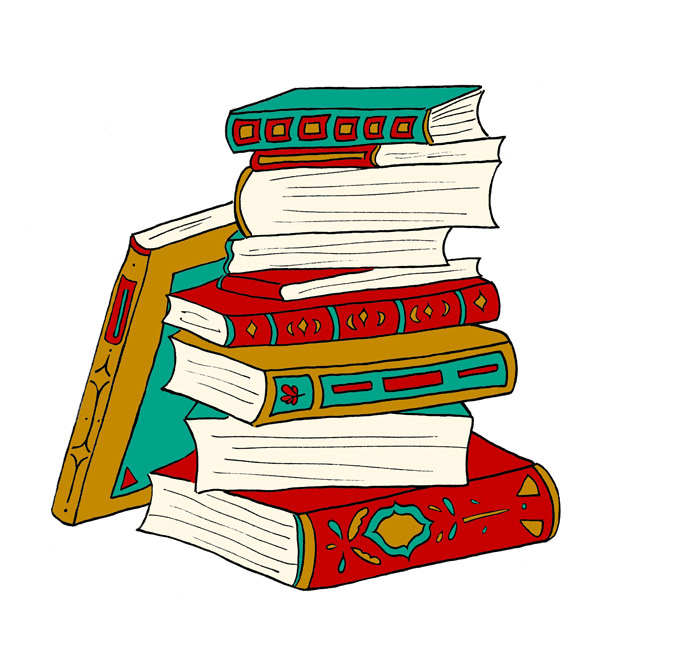The beginning of each school year is a time of fresh excitement and a newfound enthusiasm to study for many students. This inevitably leads to either furiously stalking Facebook Marketplace for a specific set of textbooks, or giving up and waiting in line at Le James or Paragraphe. No matter the method, the outcome almost always remains the same: Money is lost, another tree is cut down, and the textbook gathers dust in a corner because it turned out to be useless. Textbooks should not be a required part of any course as they can be expensive, inaccessible, ineffective, and unsustainable. Since professors are not charged for demanding expensive textbooks, they have no right to expect their students to purchase them.
On average, a Canadian student spends $773 on textbooks throughout their university career, an astronomically high sum considering the expense of tuition and the mounting debt of graduates. Collectively, Canadians owe $28 billion in student debt. Textbooks don’t actually need to be that expensive: Their luxury price point is driven by the fact that 80 per cent of textbooks are produced by the same five companies, effectively establishing a monopoly on the industry. Publishers can price books however they want, knowing students are required to buy them.
“On average, a Canadian student spends $773 on textbooks throughout their university career, an astronomically high sum considering the expense of tuition and the mounting debt of graduates.”
Even second hand textbooks can be expensive. Depending on the course, certain used textbooks can go for over $100. The scramble to resell books is yet another contributing factor to textbook related stress, as many students feel the need to at least make some money back. There are so many of the same books on the market that students invariably lose money due to competition. Nonetheless, textbook manufacturers do everything they can to prevent resale. Companies like McGraw Hill, Pearson, and Cengage are able to continuously produce new editions along with regional variations. They then convince professors of the necessity of these ‘new and improved’ textbooks, with the added cost rarely proportional to the additional information.
Professors will often list a mandatory book at the beginning of the semester only for their students to find out that the lectures alone were sufficient to obtain a good grade in the class. In fact, some critics have claimed that textbooks don’t help to promote student achievement as they are not designed by educators nor are they engaging enough for students. Nobody reads the entirety of their textbooks—at most, they are used for specific sections that a lecturer did not cover in class. Aside from the weak content of textbooks, they are also too heavy to carry around and wholly inaccessible visually-impaired students.
Textbooks are not only a wasteful expense for students, but also a burden on the environment. Textbook production requires an excessive amount of resources like wood, water, and plastic. In fact, a single sheet of paper takes over three gallons of water to produce multiply that by the 400-500 pages in a textbook and that is over 1, 200 gallons of water, not including the inks or book cover. Even after production, textbooks contribute to a growing waste problem. Because of their hard-covers, many textbooks cannot be recycled without first ripping out the pages; this crucial step is often forgotten, leaving many books to be thrown out as garbage.
Textbooks are an archaic tool that only serves as a financial strain and environmental burden. Professors have a responsibility towards their students to provide better options, including PDF copies of readings, open-source books, slim course packs, or textbooks available at the library and online, all of which should be accompanied by audio options for students with visual impairments. If professors want to provide meaningful education, then getting rid of textbooks is a crucial step in that process. To ‘shape the future,’ sometimes you need to let go of the past.








